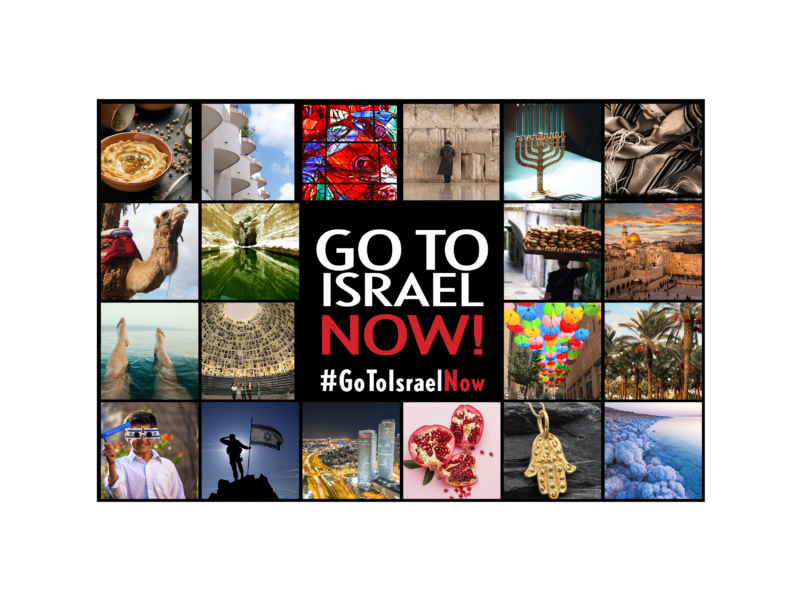If you ask the average Israeli to describe what Israeli beer means to him in one word, he would probably reply, “Goldstar.”
Goldstar is a dark lager beer brewed in Israel by Tempo Industries. The beer is by far the most popular local beer in Israel; in fact, it has 27% of the entire beer market in Israel. Every year more than 40 million bottles of Goldstar are sold in Israel, which makes Tempo the largest beer manufacturer and distributor in Israel. Tempo also distributes other beverage brands like Pepsi and Heineken (Heineken International owns 40% of Tempo). It is the second-largest beverage company in Israel (just after CBC Group, the local distributer of Coca-Cola). Goldstar is also my favorite beer.
Goldstar was introduced in 1950 and today is brewed in a big brewery in Netanya, a coastal city north of Tel Aviv. The same complex brews two other well-known Israeli beverages – Maccabee and Nesher Malt. Maccabee started in 1968 in Migdal HaEmek in northern Israel. Today Maccabee is much more popular in the U.S. and Europe than in Israel. Here in the States, I’ve heard people mention this beer countless times.
Nesher (Eagle in Hebrew) was the first industrial beer in Israel’s history and goes back to 1935. Today the nonalcoholic version of it – Nesher Malt – is the popular version. A malt-type beverage, it is the equivalent of American root beer. Growing up on Nesher, trying American root beer in the States was a traumatic experience – it tasted like cough syrup! Luckily, I was able to find Nesher Malt at a local grocery store in Portland.
For the past six decades, this was essentially the entire scope of the beer industry in Israel. In the last few years however, a new trend is gaining ground – microbreweries. For Portlanders, this might sound like old news, but the first two microbreweries didn’t open in Israel until 2006. The wine industry in Israel experienced a revolution in the 1980s and ’90s, and now a similar revolution is under way for beers. For years, Carmel Winery – a company founded in 1882 by Edmond de Rothschild with wineries in Rishon LeZion and Zikhron Ya’akov – had a virtual monopoly in the wine making market. Then in 1983 the Golan Heights Winery opened unleashing a rapid expansion from four wineries to more than 350 today.
Rothschild was also the original owner of Nesher, which was brewed in Rishon LeZion next to the winery. Just as the Golan Heights launched the wine revolution, the first microbrewery opened there in 2006. That seems to be an innovative region when it comes to drinks.
Today people estimate as many as two dozen breweries dot the holy land. Part of the challenge is defining a brewery – it can range from beer made in the family kitchen to a company that sells its brew nationwide. This rapidly growing market has a remarkable variety of types and flavors. I visited the first major local beer festival in Israel in January 2011 at Nokia Stadium (home of Maccabi Tel Aviv basketball team). This event changed many minds about what “an Israeli beer” can be. The festival included a passion fruit beer from the Negev Desert, a wheat beer brewed in the Valley of Elah near Jerusalem (where David and Goliath played) and a golden ale made at a Palestinian village near Ramallah (the beer holds a kosher certificate from the rabbi of Ofra, a neighboring settlement). There were truly amazing things to see and taste. So next time you visit Israel, instead of having Maccabee again, ask the bartender to give you a taste of an exceptional local beer. L’Chaim!
Amos Meron is the Israeli shaliach (emissary) to the Jewish community of Portland, and can be reached at amos10@gmail.com or on Facebook (Amos Meron Shaliach).





